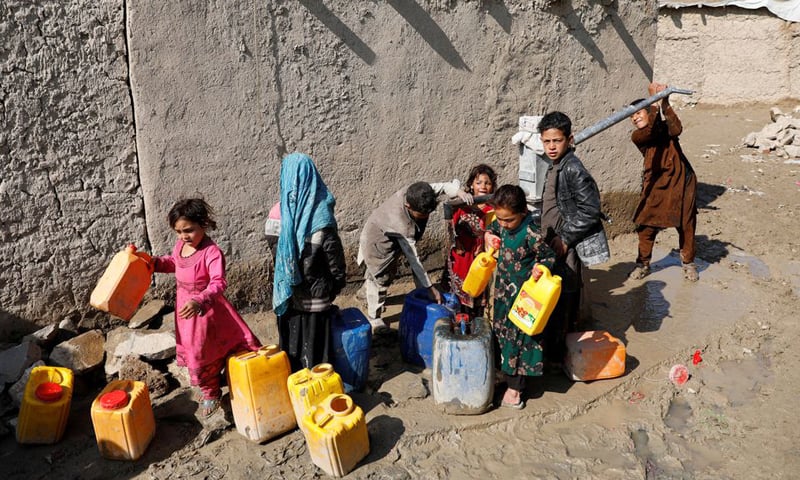Hani Sewilam, Egypt’s Minister of Water Resources and Irrigation, has raised a significant concern regarding the ongoing water challenge in the Middle East and North Africa (MENA) region. The population of this region has surged from 100 million in 1960 to over 450 million in 2018, with projections indicating a rise to over 720 million by 2050.
Sewilam, speaking at the “International Association for Water Desalination” summit in Spain, which centred on “Water and Climate Change,” highlighted that nearly two-thirds of the MENA population reside in water-stressed areas. Furthermore, the region possesses only 1% of the world’s renewable freshwater, making it the most water-stressed region globally. Fourteen out of the 17 countries in the region face water stress challenges.
In Egypt, limited water resources compounded by population growth have resulted in per capita water shares nearing the water scarcity threshold. To address this pressing issue, Sewilam mentioned significant projects that aim to repurpose agricultural wastewater and increase the import of agricultural products from abroad.
Read also: Xylem Africa hosts conference on water solutions
Desalination for Sustainable Food Production
Sewilam emphasised the pivotal role of water desalination in food production, given that the agricultural sector is the largest consumer of water resources. He also stressed the importance of enhancing food production efficiency per unit of water. In the context of water desalination, Sewilam highlighted the cost of the energy factor, which constitutes a substantial portion of the desalination process. Consequently, he encouraged the use of renewable energy sources to render water desalination economically viable, particularly in Egypt and the Middle East, benefiting from their favourable conditions for renewable energy production due to abundant sunlight and wind.
Desalinated water is fresh water derived from the desalination process, where salt and impurities are removed from seawater or brackish water. This innovative technology typically utilises methods like reverse osmosis or distillation to produce clean, drinkable water. It’s a crucial solution for regions like MENA facing water scarcity and a growing global population.
Exploring Forward Osmosis Technology
The minister also underscored the need for further studies on Fertiliser Drawn Forward Osmosis technology. This innovative method utilises a high osmotic pressure solution of fertilisers to extract water from saline sources through a semipermeable membrane, providing a sustainable approach to water management.
Sewilam emphasised the necessity of using desalinated water with the utmost economic efficiency by embracing the principle of “producing a higher quantity of food using less water and energy.” This involves the utilisation of desalinated water in fish farming and its subsequent use in agriculture with advanced techniques like aquaponics. This approach aims to achieve higher crop productivity per unit of water. Additionally, highly saline water resulting from the desalination process can be employed in the cultivation of brine shrimp (Artemia) and algae that thrive in high salinity environments. This innovative strategy mitigates environmental damage caused by disposing of saline water into seas or injecting it into underground reservoirs.
Startup Shamsina supports solar water heater enterprise in Egypt
Charting a Sustainable Path Forward
The challenges posed by water scarcity in the MENA region require innovative and sustainable solutions. The region must focus on enhancing food production efficiency, reducing water consumption, and adopting renewable energy sources to enable economically viable water desalination. Exploring technologies such as Forward Osmosis and promoting responsible water usage in agriculture can help address the critical water stress challenges faced by these nations.
The Middle East and North Africa (MENA) region is marked by its complex geopolitical relationships and shared challenges. Nations in this area have historical ties and common concerns, primarily centred on issues like water scarcity, regional security, and sustainable development. Collaborative efforts, including water-sharing agreements and joint projects, are essential to address the pressing water challenges in MENA. Moreover, as the region looks to diversify its economies and embrace renewable energy, the exchange of expertise and resources is becoming increasingly vital. Strengthening ties and fostering cooperation among MENA nations is essential for achieving water and food security, ensuring regional stability, and promoting sustainable growth in the face of shared challenges.




